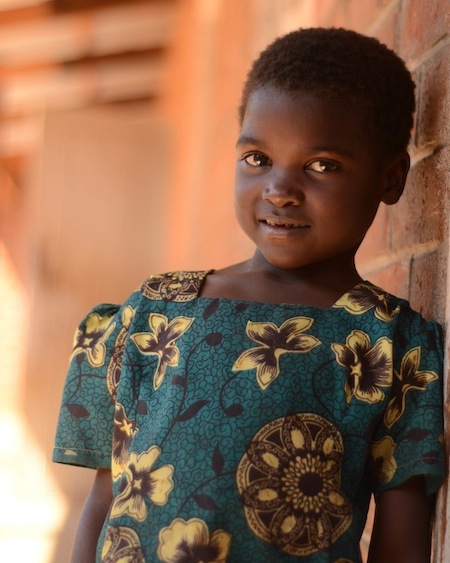Message on the Commemoration of the 2014 Day of the African Child, 16th June 2014
On 16th June 1976, roughly ten thousand black South African school children marched the streets of Soweto to protest against a devised education agenda by the apartheid regime. The apartheid government established the Bantu Education Act of 1953, which compartmentalized black education into a separate, neglected and inadequately funded education system. Overall, the reasoning for the student’s two-week protest was to demand for better quality education. During the protest, hundreds of people were killed and thousands injured – including children. Because of these events, on 16th June of every year, the African Union (AU) and its partners commemorate the brave children that stood up for their education by celebrating, the Day of the African Child (DAC).
The African Union Assembly passed a resolution in 1991 designating 16th June to be a day that Africa and the world could not only remember the DAC – but to also allow all stakeholders involved in children’s rights to evaluate children’s education in the region. Governments, NGOs and various stakeholders are presented with an opportunity to analyze the progress made and the challenges they face in working towards providing the rights of children in Africa – detailed in the African Charter on the Rights and Welfare of the Child (ACRWC). Each year, to commemorate the DAC and continually strive towards fully meeting children’s rights, a new theme is given by the African Committee of Experts on the Rights and Welfare of the Child – the governing committee in charge of overseeing the implementation of the ACRWC. For 2014, the theme is “A child friendly, quality, free and compulsory education for all children in Africa".

Various stakeholders in Malawi involved in children’s rights will instead be gathering on 16th July 2014 in Dowa district to commemorate the DAC – due to a cautious postponement because of Malawi’s recent elections. In attendance will be government ministries including the Ministry of Gender, Children and Social Welfare, Ministry of Education, Science and Technology, partners such as Save the Children, Plan Malawi, UNICEF, Action Aid, World Vision, Every Child, Malawi Human Rights Commission and various local NGOs and Community Based Organisations (CBOs). There will also be children from the region in representation – being the voice of Malawian children. The Government of Malawi, with support of different stakeholders, is in the process of putting this year’s DAC theme into practice through various avenues including the national event that will take place on 16th July 2014.
At the Africa level, Save the Children’s advocacy team has developed a Toolkit in-line with this year’s theme for the Day of the African Child. The Toolkit serves to assist the organisation in engaging governments in meeting the theme’s objectives. Along with other partners, Save the Children will continue to extend its support to policymakers in order to effectively grant children their right to education. As we look back at the unrelenting youth that lost their lives on 16th June 1976 – knowing that they did not pass in vain, we are encouraged to continually push ourselves and strive to fully meet the rights of children.
Written by Luzayo Nyirongo, Strategic Communications Officer
 Malawi
Malawi